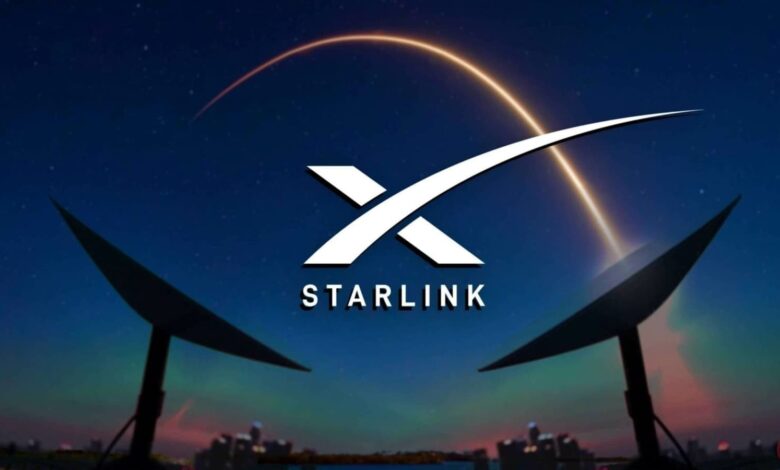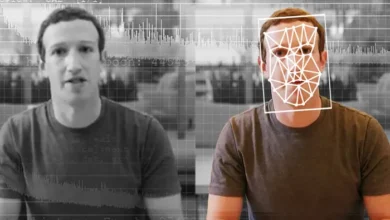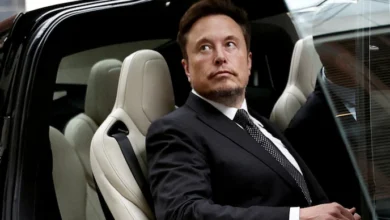Elon Musk's Starlink may shortly provide satellite internet services in India
The Tesla owner, who also owns SpaceX's satellite internet service Starlink, has proclaimed that carrying the service to India will also benefit people in remote or rural villages, where there is either no internet or the internet is very pricey and slow.

Elon Musk’s Starlink may soon get the licence to bring satellite-based broadband to India. SpaceX, the parent company of Starlink, applied for the Global Mobile Personal Communication by Satellite (GMPCS) licence with the Department of Telecommunication (DoT) last year.
According to people close to the development, the DoT officials are likely to meet on September 20, 2023, to decide on awarding the licence to Starlink to serve in the country. “The company has applied for the licence, and its application is under consideration,” said a DoT official. Starlink’s satellite internet services are available in 32 countries worldwide. Its services also played a significant role in Ukraine during the transmission blackout amid war with Russia.
Starlink has been attempting to come to India for a very long time. In 2021, the company commenced taking pre-orders even before ensuring any licence. However, DoT alerted the company against taking any orders before opting to operate in the country. Then the company, which had launched over 2,000 low earth orbit satellites, had to repay money to people.
“We didn’t want to encourage any company to give services without licences. We experienced it in the case of Skype, we couldn’t bring the company into a licensing regime. Now, it is out of our ambit, not following any regulation” said the official. Starlink’s official website still notes that it awaits “regulatory approval.”
The official said it should be important to bring OTT communication apps like WhatApps, Signal, and Telegram into the licensing regime, not just because of licensing fees but for security reasons. “If these OTT players are under the licensing regime, they are obliged to follow government directions. In case of any incidents like in Nuh or Manipur, we could have directed these apps to stop their services without having to disconnect entire internet services,” he added.
Not just Starlink, Airtel and Jio are also ramping up measures to commence satellite internet in India. Airtel-backed OneWeb and Jio’s satellite arm, Jio Space Technology, have applied for the GMPCS licence. After receiving the licence, companies will need to procure satellite spectrum allotted by the DoT. However, Starlink is the third company to apply for the GMPCS licence.
Elon Musk’s provide satellite internet services in India
Starlink has already been launched in several countries, including the United States, Canada, and the United Kingdom. The company has also applied for licenses to operate in India.
If Starlink is granted a license to operate in India, it could provide much-needed internet access to millions of people in the country. India has a large population, but only a fraction of the people have access to reliable internet. Starlink could help to bridge the digital divide in India and provide people with access to education, healthcare, and other essential services.

Despite these challenges, there is potential for Starlink to make a significant impact on the internet landscape in India. If the company is able to overcome the challenges and secure a license to operate, it could provide millions of people in India with access to reliable internet for the first time.
Now, the question arises: What is satellite internet and how is it distinct?
Unlike the classic internet that depends on cables or copper wires, the satellite internet uses signals from satellites orbiting the Earth. The latter could be admirably valuable where traditional internet (including fibre-cable) services are not yet available. Even in areas where there’s no cellular connectivity, satellite internet can potentially protect lives.
For the services to work, users have to install dedicated channels at home or on their remote stations. In the case of Starlink, the internet services rely on the constellation of LEO (Low-Earth Orbit) Starlink satellites operated by SpaceX. The company has launched over 4,000 satellites with further incoming
Please, also have a look into : Higher income and increased freedom for journalists: Elon Musk



